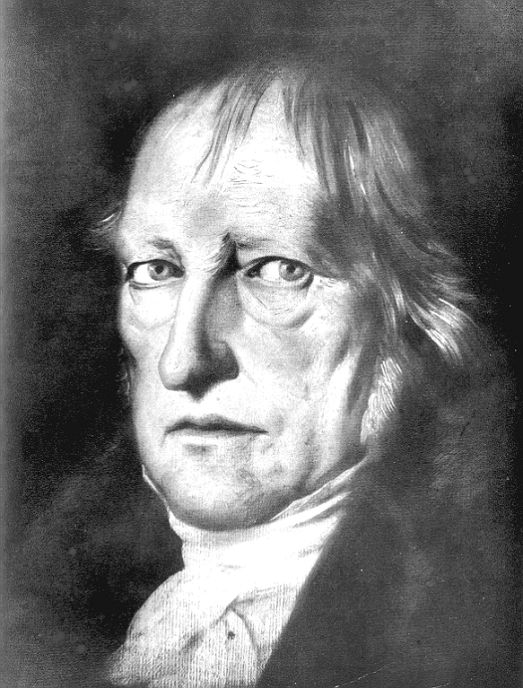Decentralization - Why distributed structures should be YOUR FUTURE
Life in the Here and Now
Central structures are omnipresent today. Nearly all systems in which we move or which surround us are based on central structures. Be it in finance, in information culture (still, but dwindling), in the media or in all other areas. A list would be unnecessary, since almost our entire life, especially our economic organism, is designed for centrality.
Well, of course, humanity still does not live in central structures, conurbations, and metropolises are a modern trend that has been progressing steadily for many years. Now it seems that the complex world is continuously orienting itself in this direction and that we are inevitably also developing in this direction. However, we come from a past in which life was organized decentrally. These decentralized structures have linked with time and were finally centralized 'from above'. Let's have a fast switch.

The philosopher Georg Wilhelm Friedrich Hegel
Hegel, probably the most important thinker of German idealism, coined the term dialectic during his lifetime. I would like to briefly summarize his theory to explain how the organization of our systems could reorient itself in the future.
In short, it is about thesis - antithesis - synthesis. Many certainly know this principle from the natural sciences alone, but I would like to take a more philosophical approach to the whole thing.
There is an old example of Hegel in which thesis-antithesis & synthesis as sub-processes of all being, all development, can be identified. The example of a plant:
At first, there is the seed, a hard core that is inherent in life. This is the beginning, the thesis. Contrary to this, the antithesis, the seed is destroyed by the formation of plants and something is formed which, apart from the underlying information, no longer has anything of its predecessor, the seed. All properties are completely different. In the third step, the adult plant forms the flowers and produces fruit, the synthesis. The third step, which ultimately unites the thesis & the antithesis and allows the life process to begin again with the thesis by shedding seeds.
Thesis - Antithesis - Synthesis related to system structures
Now, the transition. Whoever has internalized the above example and now applies it to the organizational structures in our world could claim that we are currently in the antithesis of this development process.
Assuming that our past has been completely decentralized, the central orientation of the world would be the complete opposite, i.e. the antithesis.
The synthesis that follows, like the fruit of a plant or tree, could combine the properties of thesis and antithesis. Does not mean to be organized in absolute centrality, but perhaps only where it is indispensable that central structures prevail.
I don't want to say much more about this theory, I just find the comparison very interesting and would be pleased about opinions in this regard.
Why should we strive for decentralized structures?
The answer is relatively simple. Because the power lies with those who use the structures and not with a higher authority, which ultimately complicates processes.
We should simply ask ourselves how we imagine our world in the future. Should the levers for all control points in the hands of a few old ones, or should the systems not be operated and managed by those who are ultimately interested in the positive development of the systems?
In my opinion, this is relatively simple, distributed systems are desirable and will hopefully prevail in the future.
Finally, I would like to draw your attention once again to the many possible applications of decentralized systems that can be implemented with the Blockchain.
currencies, information systems, social media platforms ;))) and platforms of almost all kinds, mobile networks, property management or data management. All these topics will hopefully be characterized by decentralized structures in the future.
That was it for me today, I hope one or the other helps this post to understand what a disruptive environment he is currently in.
Maybe the early signs are all around us these days? Think about it and tell me your thoughts in the comment section below.
Connect Wallet
To earn tokens and access the decentralized web, select an option below
(It's easier than you think)